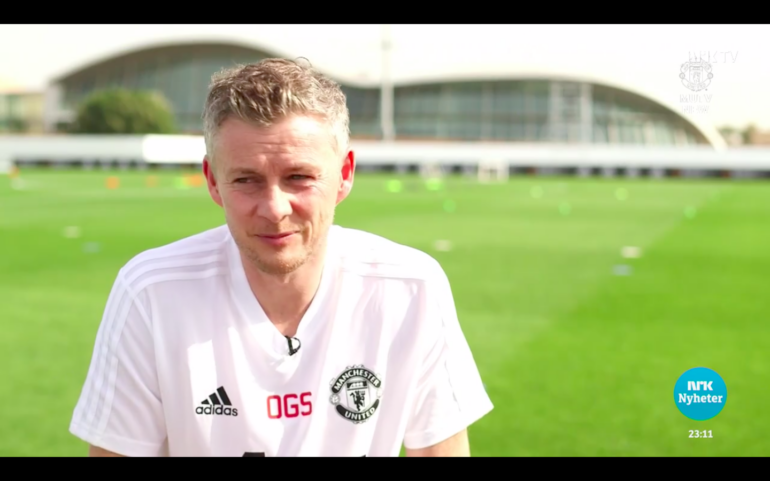If anything, the human rights situation in the UAE is even worse than in Qatar.
By James Montague
There were quite a few stories about football in the Persian Gulf this week, which means you might have missed two that went under the radar. The United Arab Emirates is currently hosting the 2019 Asian Cup, the continent's equivalent of the European Championship. It has its fair share of Cinderella stories; both Yemen and Palestine have qualified for the finals, overcoming huge obstacles to be there. And the tournament will be dominated by the on going blockade or boycott (depending on which side you are on) of Qatar by a coalition of Arab countries lead by Saudi Arabia and the UAE. In fact, Qatar play Saudi Arabia later this month which should be interesting given that the UAE's Attorney-General announced in 2017 that showing any support or sympathy for Qatar could land you in jail for up to 15 years or a 500,000 dirham fine, around 120,000 euros. If any supporters do fancy cheering on Qatar at the Zayed Sports City stadium in Abu Dhabi on January 17, good luck.
“Good for your health”
But January has also become the month when teams from across Europe make the regular pilgrimage to the Gulf for their warm weather training camps. Both the UAE and Qatar have built world class facilities that attract some of the world's best teams. So the arrival of Ole Gunnar Solskjær's Manchester United team at the Nad Al Sheba Sports Complex in...



